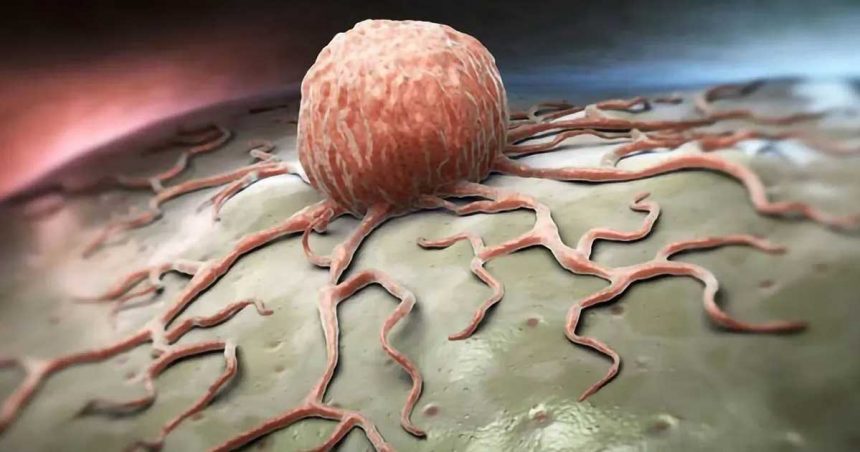All cells, including cancer cells, were once thought to solely rely on glucose for survival. However, groundbreaking research has shown that cancer cells have the ability to adapt and switch to using fatty acids as an alternative energy source, enabling them to spread throughout the body. This new understanding challenges conventional thinking about cancer growth mechanisms and opens up new possibilities for research and treatment strategies. The recent study, published in Nature Communications, identified a protein called AKR1B10 that plays a crucial role in this metabolic adaptability. By disrupting cancer cells’ ability to utilize fatty acids, there may be potential for reducing relapse rates and improving patient outcomes. This research signifies a need for reevaluation of existing cancer prevention and detection approaches and paves the way for more targeted and effective strategies in the future. Ultimately, this discovery offers hope for reshaping future cancer research and treatment paradigms.






